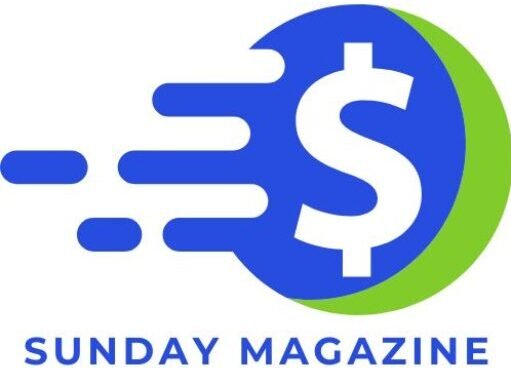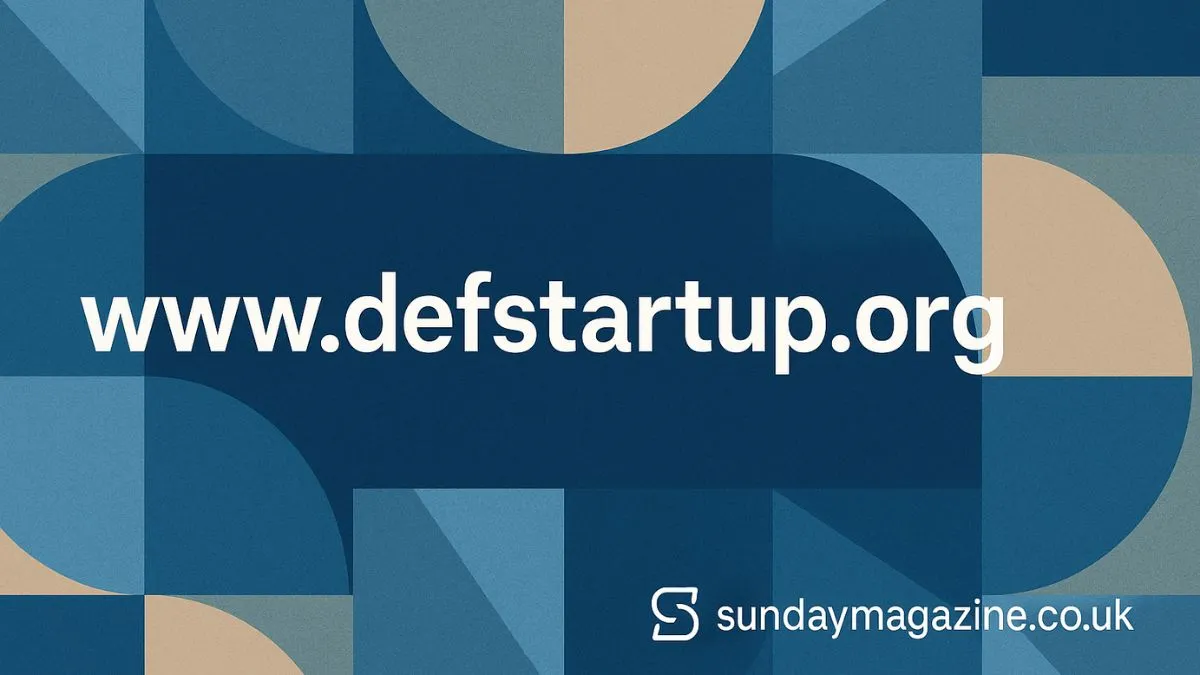Introduction: Why CRM Tools Are Essential for Small Businesses in 2025
Running a small business in 2025 presents unique challenges. The market is more competitive than ever, and consumers expect personalized, efficient interactions with brands. To stay ahead of the curve, small business owners must leverage technology to streamline operations and foster stronger relationships with their customers.
This is where Customer Relationship Management (CRM) tools come into play. A CRM system helps businesses manage interactions with current and potential customers, streamline processes, and improve profitability. But with so many CRM tools on the market, how do you choose the right one for your business? In this article, we’ll dive into the top CRM tools for small businesses in 2025, comparing features, pricing, and use cases to help you make an informed decision.
Top CRM Tools for Small Businesses in 2025: A Quick Guide

Here’s a quick comparison of the top CRM tools for small businesses in 2025 to help you choose the best one for your needs:
1. HubSpot CRM – Best for Beginners
- Free Plan: Unlimited users & basic features.
- Key Features: Sales pipeline, email tracking, automation.
- Pricing: Starts at $45/month for advanced features.
- Pros: Easy-to-use, strong customer support.
- Ideal For: Small businesses just starting with CRM.
2. Zoho CRM – Best for Customization
- Free Plan: Up to 3 users.
- Key Features: Lead scoring, marketing automation, mobile app.
- Pricing: From $14/user/month.
- Pros: Highly customizable, affordable.
- Ideal For: Growing businesses needing scalability.
3. Salesforce Essentials – Best for Growth
- Free Plan: No free plan, 30-day trial.
- Key Features: Sales automation, customizable dashboards, AI-driven insights.
- Pricing: From $25/user/month.
- Pros: Powerful integrations, advanced reporting.
- Ideal For: Small businesses expecting rapid growth.
4. Pipedrive – Best for Sales Teams
- Free Plan: No free plan, 14-day trial.
- Key Features: Visual sales pipeline, deal tracking, automation.
- Pricing: From $14.90/user/month.
- Pros: User-friendly interface, sales-focused.
- Ideal For: Small sales teams needing a focused CRM.
5. Freshsales – Best for All-in-One Solution
- Free Plan: Available for basic features.
- Key Features: Lead management, email tracking, built-in phone system.
- Pricing: From $15/user/month.
- Pros: Affordable, integrates with other Freshworks tools.
- Ideal For: Small businesses looking for an easy, integrated solution.
Take Action: Choose the CRM that best fits your business size, budget, and needs to boost your customer relationships in 2025!
What Is a CRM Tool and Why Is It Important for Small Businesses?
A Customer Relationship Management (CRM) system is software that helps businesses organize and manage their interactions with customers and prospects. It allows businesses to store customer information, track communications, manage leads and opportunities, and automate tasks such as follow-ups and sales reporting.
For small businesses, a CRM can be the difference between success and stagnation. With limited resources, it’s crucial to invest in tools that maximize efficiency, enhance customer experiences, and drive growth. A CRM allows you to keep track of valuable customer insights, create targeted marketing campaigns, and streamline the sales process—ultimately saving time and boosting profitability.
👉 Check out our post on Top Influencer Marketing Agency UK | Your Strategic Growth Guide for more insights.
How to Choose the Right CRM Tool for Your Small Business
Choosing the right CRM tool can feel overwhelming, especially with so many options available. To make this process easier, consider the following factors:
- Business Size: Different CRM tools cater to different business sizes. Whether you are a solopreneur or a growing team, the features you need may vary.
- Budget: CRM tools come with various pricing models, from free to premium. It’s essential to choose one that fits within your budget while meeting your business needs.
- Features: Look for CRMs that offer essential features like lead management, email automation, customer support, reporting, and integration with other tools you already use.
- Ease of Use: As a small business owner or entrepreneur, you may not have a dedicated IT team. Therefore, a CRM with a user-friendly interface is crucial for ensuring seamless implementation and everyday use.
- Scalability: Your business will grow, and your CRM should grow with you. Choose a solution that can scale as your team expands or your needs become more complex.
In the next sections, we will compare the top CRM tools for 2025 based on these factors, helping you make the best decision for your business.
Top CRM Tools for Small Businesses in 2025
Let’s take a look at some of the most popular CRM tools available in 2025. We’ll examine their features, pricing, pros and cons, and ideal use cases to help you determine the best fit for your small business.
1. HubSpot CRM
Overview: HubSpot CRM is a leading free CRM platform known for its user-friendly interface and powerful features. It is particularly suitable for small businesses looking for an all-in-one CRM solution that can handle everything from marketing automation to sales tracking.
Features:
- Free tier with unlimited users and basic features.
- Sales pipeline management.
- Email tracking and templates.
- Marketing automation tools.
- Integration with popular tools like Gmail, Outlook, and Google Calendar.
Pricing:
- Free basic plan.
- Paid plans start at $45/month for additional features such as advanced reporting and custom reporting.
Pros:
- Highly intuitive and easy to use.
- A free version that is fully functional for small businesses.
- Extensive integration options.
- Strong customer support.
Cons:
- Limited customization on the free plan.
- Advanced features are behind a paywall.
Ideal Use Case: HubSpot CRM is perfect for small businesses just starting with CRM software or those with limited budgets. It works well for businesses focused on inbound marketing and looking for automation features.
2. Zoho CRM
Overview: Zoho CRM is a robust, scalable solution that offers a wide array of features suitable for businesses of all sizes. It’s an excellent choice for businesses that want to scale and require more customization options.
Features:
- Lead management and scoring.
- Marketing automation and email campaigns.
- Analytics and reporting tools.
- Mobile app for on-the-go management.
- Integration with Google Workspace, Microsoft Office 365, and other tools.
Pricing:
- Free for up to 3 users.
- Paid plans start at $14/user/month for additional features.
Pros:
- Highly customizable.
- Affordable pricing, especially for small teams.
- Scalable for growing businesses.
- Excellent customer support and training resources.
Cons:
- Can be overwhelming for beginners due to its feature-rich nature.
- The free version has limited functionality.
Ideal Use Case: Zoho CRM is best for growing businesses that require a scalable solution with robust features, including advanced reporting and marketing automation.
3. Salesforce Essentials
Overview: Salesforce is one of the most well-known CRM platforms globally. Salesforce Essentials is a simplified version aimed at small businesses, offering core CRM features without the complexity of its enterprise-level counterpart.
Features:
- Lead and opportunity management.
- Customizable dashboards.
- Email integration.
- Mobile app.
- Built-in AI to help predict sales trends.
Pricing:
- Starts at $25/user/month for the Essentials plan.
Pros:
- Strong customization capabilities.
- Excellent integration with other Salesforce products.
- Advanced reporting and analytics.
Cons:
- Higher pricing compared to other tools.
- May require a learning curve for new users.
Ideal Use Case: Salesforce Essentials is ideal for small businesses that expect to scale quickly and need a CRM tool with robust features and strong customization options.
4. Pipedrive
Overview: Pipedrive is a sales-focused CRM designed to streamline the sales pipeline. It’s especially useful for small businesses with sales teams that need to track leads and manage customer relationships.
Features:
- Sales pipeline management.
- Visual deal tracking.
- Automation and workflow customization.
- Integration with third-party apps like Google Workspace and Microsoft 365.
Pricing:
- Starts at $14.90/user/month for the Essential plan.
Pros:
- Easy-to-use interface.
- Focus on sales pipeline management.
- Customizable workflow automation.
- Affordable pricing for small businesses.
Cons:
- Lacks some advanced marketing features.
- Limited reporting options in the lower-tier plans.
Ideal Use Case: Pipedrive is ideal for businesses with small sales teams who need an intuitive and focused CRM for managing deals and driving conversions.
5. Freshsales
Overview: Freshsales is a part of the Freshworks suite of tools, designed to help small businesses manage their customer relationships with ease. It’s known for its user-friendly interface and simple integration with other Freshworks tools.
Features:
- Lead and contact management.
- Email tracking and automation.
- Built-in phone and SMS integration.
- Reporting and analytics tools.
Pricing:
- Free plan for basic features.
- Paid plans start at $15/user/month.
Pros:
- Affordable and easy to use.
- Built-in communication tools.
- Strong reporting capabilities.
- Good integration with other Freshworks products.
Cons:
- Lacks some advanced CRM features found in more expensive tools.
- Limited third-party app integrations.
Ideal Use Case: Freshsales is perfect for small businesses looking for an affordable, all-in-one CRM solution with an easy-to-use interface.
🔗 Explore more Best Growth Ideas from Qyndorath for Business Success
Comparing CRM Tools: Which Is Right for You?

When choosing the best CRM tool for your small business in 2025, consider the following:
- Free vs. Paid: If you’re just starting out, a free CRM like HubSpot or Zoho can provide enough functionality to get you started without incurring any upfront costs. However, as your business grows, you may need to invest in more advanced paid features.
- Cloud-Based vs. On-Premise: Most CRMs today are cloud-based, offering flexibility and remote access. If your business requires on-premise software for security reasons, you may need to explore specific tools or alternatives.
- Ease of Use: Look for a CRM that is intuitive and easy to implement. HubSpot and Freshsales are great for businesses that need a straightforward CRM experience, while Zoho and Salesforce provide more robust, customizable solutions for growing businesses.
- Scalability: If you plan to expand your business in the future, choose a CRM that can scale with your needs, such as Zoho or Salesforce Essentials.
Success Stories: How CRM Tools Have Transformed Small Businesses
Case Study 1: Streamlining Sales with HubSpot CRM
One small marketing agency leveraged HubSpot CRM to track leads, manage customer relationships, and automate follow-ups. By using the CRM’s email templates and workflow automation, the agency increased its lead conversion rate by 35% within just three months.
Case Study 2: Scaling a SaaS Business with Zoho CRM
A SaaS startup in the tech space used Zoho CRM to manage leads and streamline its sales pipeline. With Zoho’s advanced reporting and lead scoring, the business was able to target high-value leads more effectively and doubled its sales in six months.
FAQ: Common Questions About CRM Tools for Small Businesses
What is the best CRM for small businesses in 2025?
The best CRM for small businesses depends on your specific needs. HubSpot CRM is great for beginners due to its free tier, while Zoho and Salesforce Essentials are excellent options for businesses looking for scalability and customization.
Is there a free CRM that works well?
Yes, HubSpot CRM offers a free plan that includes essential features such as lead management, email tracking, and basic automation. It’s a great option for small businesses starting with CRM tools.
How do I choose the right CRM tool for my business?
To choose the right CRM, consider your business size, budget, and specific needs. For example, if you’re focused on sales, Pipedrive may be the best choice, while HubSpot is ideal for businesses prioritizing marketing automation.
Conclusion: Take the First Step Towards Growth
Choosing the right CRM tool can significantly impact your small business’s growth trajectory. Whether you’re a solopreneur or managing a growing team, the right CRM can streamline processes, enhance customer relationships, and boost profitability. Explore the CRM tools listed above, and choose the one that best aligns with your business needs, budget, and future goals.
Take the first step in organizing your customer relationships—choose the CRM that fits your business today!





